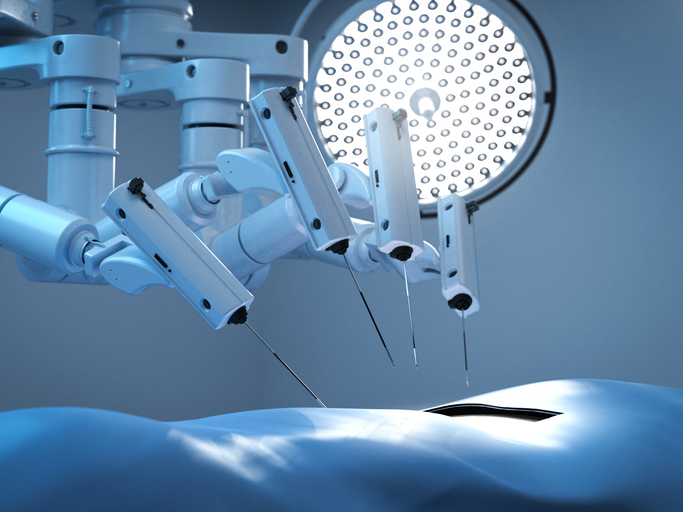
Where to Find High-Quality Surgical Instruments at Budget-Friendly Prices
High-quality surgical instruments are nonnegotiable in modern healthcare, but escalating costs are forcing leaders and clinicians to rethink how and where they source them.

A future where ambient technology is integrated across all hospital spaces — patient rooms, ORs, even waiting areas — will revolutionize decision-making to improve care.

As it deepens its push into healthcare, LG is developing more tools and workstations aimed at supporting clinical workflows. National sales leader Jim Salamon said the company’s innovations are designed around clinician needs, such as the desire for more lifelike color representation and lightweight displays that can be set up easily for home use.

Corvus, a Chicago-based startup aiming to simplify the surgical referrals process, announced its launch. The company’s AI platform helps healthcare teams manage inbound surgical referrals more efficiently, ensuring patients are routed to the right treatment while also optimizing operating room utilization.

Relentlessly, rates of chronic disease, depression, and medication use continue to rise — if there were ever a time to implement alternative preventive health tools in clinical practice, now is certainly it.

As operating environments become more complex, every element and system must be reliable, safe, and compliant with the web of regulations. Testing is the antidote to address these issues, however, this presents a significant testing burden. Here are some key challenges.

In a landscape where complexity has long been the norm, the power of one lies not just in unification, but in intelligence and automation.

The industry needs smart conversations that challenge assumptions and invite the full spectrum of voices to the table to ensure technology evolves in a way that’s not only clinically sound, but ethically aligned with what patients and providers need most.

To prepare for an autonomous surgical future, medtech leaders should explore the practical implications of potential scenarios, and structure investment accordingly. The key is to develop a living roadmap that drives decisions on a day-by-day basis, drawing on macro- and micro-trends.

Caresyntax closed a $180 million Series C extension round, bringing its Series C fundraising total to $310 million. The company sells AI-based precision surgery technology that unifies operating room data on a single platform.

Banner Health is deploying Qventus’ perioperative technology across the entire organization following the success of an initial pilot. The software integrates with EHRs and uses machine learning to automate operating room scheduling processes and maximize surgical caseloads.

Butterfly Network announced a product co-development deal with surgical robotics startup Mendaera, in which the startup will build custom robotics around Butterfly’s ultrasound-on-a-chip technology to create a new system designed for better surgical precision and consistency. Both partners expect to complete the product’s FDA submission by 2025.

OmniLife Health's initial focus with its complex care coordination platform is organ transplant care.

A new Duke study shows that KelaHealth's platform was associated with a 21% reduction in acute kidney injury and a 24% decrease in costly readmissions following colorectal surgery. The platform delivers insights about individual patients’ surgical risks and what their care journeys should look like.